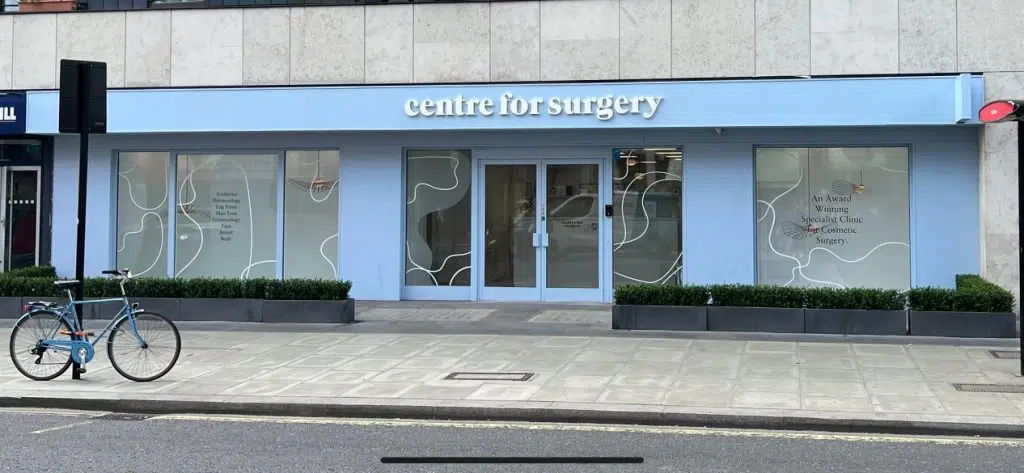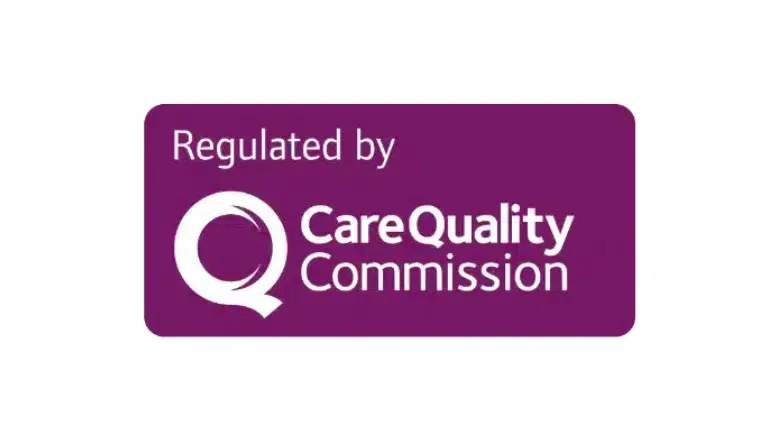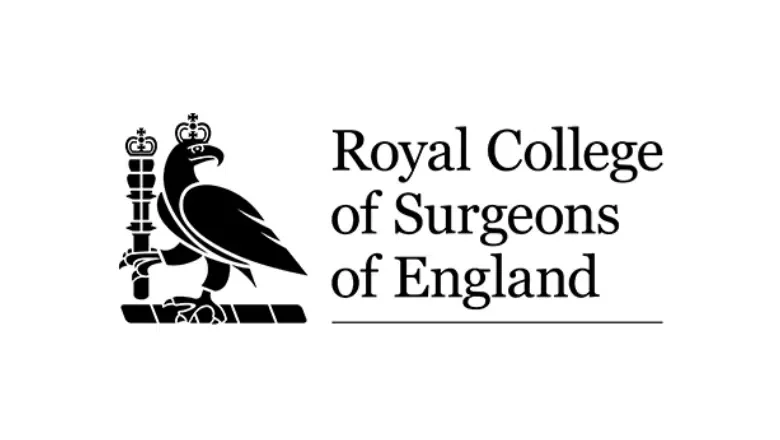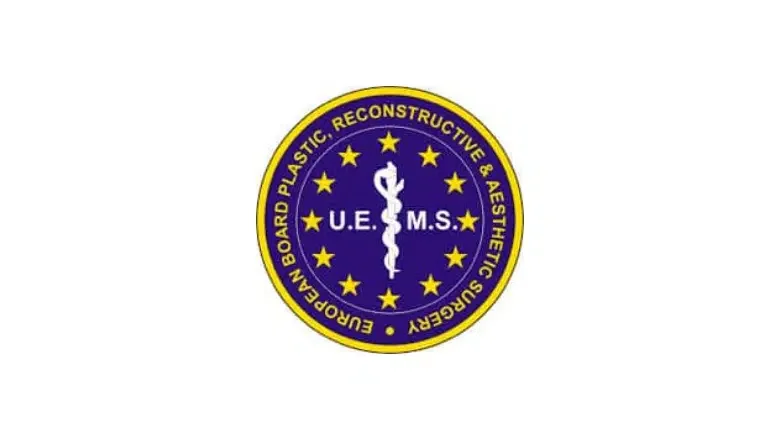It is completely normal to encounter a range of emotions after undergoing cosmetic surgery, including feelings of sadness or what some might term ‘post-surgery blues.’ However, if such emotional states persist beyond a few days or weeks, or if they are particularly intense, it may be advisable to seek professional counselling support.
Many people find that their emotional response to surgery dissipates quickly as they begin to recover and see the results of their procedure.
However, it’s important to note that if you’re harbouring complex or unrealistic expectations about what surgery can achieve – for instance, the belief that it could salvage a deteriorating relationship or revolutionise your life – then you might be considering surgery for inappropriate reasons.
At Centre for Surgery, we firmly believe in the importance of a thorough discussion about your motivations and expectations for undergoing cosmetic surgery. This should take place during a consultation with your surgeon at our clinic located on Baker Street in Marylebone. If needed, we also endorse seeking professional counselling to help manage your emotions before and after the procedure.
How will I Feel after Cosmetic Surgery?
Choosing to change your physical appearance via cosmetic surgery is an intensely personal decision, encompassing a wide spectrum of emotions not only throughout the procedure but also after its completion. As you gear up for the recovery time following the surgery, it’s equally vital to be aware of the emotional journey you might embark on during your convalescence.
Depending on the nature and scale of the procedure and your personal aesthetic objectives, a full recovery and the emergence of the final results can span several months to a year. It’s perfectly normal to experience a whole range of feelings throughout this period.
Understanding the Impact of Cosmetic Surgery: It’s an Enhancement, Not a Transformation
Embarking on the journey of cosmetic plastic surgery can evoke a mixed bag of emotions – it can be both exhilarating and a bit overwhelming. However, it is important to align your expectations with the reality of what surgical procedures can and cannot do.
Cosmetic surgery is a tool for enhancing your existing features, not a magic wand that can completely transform your life or appearance. A skilled surgeon can make improvements and subtle alterations, but the base of what you start with heavily influences your final outcome. Therefore, maintaining realistic expectations is key.
Before you decide to proceed with the surgery, take the time to discuss your expectations with trusted friends and family members. They can provide an outside perspective and may help you consider factors that you hadn’t previously thought about.
Also, remember that various factors such as your overall health, skin elasticity, lifestyle habits, genetics, and your body’s natural healing abilities can impact the final results of your surgery.
The goal of cosmetic surgery is to enhance your natural beauty and make you feel more confident in your own skin. It’s about refining your appearance to create a version of you that you’re more content with. After the procedure, you’ll still look like yourself – only an enhanced version. This mindset will help you embark on your cosmetic surgery journey with a balanced and realistic perspective.
What are the Common Emotions after Cosmetic Surgery?
The decision to undergo plastic cosmetic surgery is significant, and it’s not unusual to experience a variety of emotions afterwards. Some of these might include:
Doubting your decision to proceed with surgery, feeling physically uncomfortable or lacking in sleep, which can heighten your emotional sensitivity, being overly concerned about others’ opinions of your surgical choices, questioning the options you’ve chosen, such as the size of your breast implants or the new shape or size of your reconstructed nipple, wondering about your final appearance once the swelling subsides and your incisions heal, feeling unsure about what’s a normal part of the healing process and when you need to contact your surgeon. If you’re in doubt, it’s always best to call your surgeon sooner rather than later if you think you might be experiencing a complication.
Further, you might also find yourself:
Feeling anxious about your incision line (scar) and looking for ways to promote better healing (it’s crucial to follow your recovery guide and adhere strictly to your surgeon’s specific instructions), spending time on the internet reading about other people’s surgery experiences and contemplating possible outcomes, experiencing low energy levels or feeling a bit down, missing your usual exercise routines and daily activities that you’ve had to pause while you recuperate.
Following cosmetic surgery, it’s completely normal to go through an array of emotions, including highs and lows, during your initial recovery phase.
The key is to be well-informed about the recovery process without obsessing over it. Regular communication with your surgeon’s team can be beneficial. It’s also helpful to lean on those who understood your reasons for choosing surgery in the first place, rather than those who may have cautioned you against it.
Feeling emotional after a major operation, particularly one that’s elective, is quite common. You’re not alone in these feelings, and there are resources and support available at our clinic to help you navigate this post-operative emotional landscape.
Understanding the Journey – The Importance of Research Before Undergoing Cosmetic Surgery
Before committing to a cosmetic procedure, you must thoroughly research the cosmetic surgery you are interested in. Gaining a comprehensive understanding of what the procedure entails, the potential risks, and what the recovery period may look like will help prepare you for the journey ahead.
One beneficial way to gain first-hand insights is by conversing with individuals who have already undergone the procedure you’re considering. Their experiences can provide valuable perspectives that are beyond what you might find in general research or reading.
Additionally, attending open events at our Baker Street clinic in London offers a great opportunity to meet other patients and ask questions directly to professionals in the field. These events can serve as an open forum for you to express your concerns, understand others’ experiences, and gain further clarity about the process.
Take the time to reflect on your motivations for seeking cosmetic surgery. Write down your reasons and expectations. This exercise will help ensure you’re undergoing the procedure for the right reasons and can also provide a reference point for any discussions with your surgeon.
Find an inspirational but realistic image that aligns with your aesthetic goals. Pair this with a current photograph of yourself. But be cautious – avoid choosing images of supermodels or people whose body shapes vastly differ from your own, as this can create unrealistic expectations. Remember, cosmetic surgery aims to enhance your own features, not to make you look like someone else.
Depression after Cosmetic Surgery – How to recognise and treat it
Post-cosmetic surgery depression, also known as post-plastic surgery depression, is a condition that some people may experience following their cosmetic surgery. While the prospect of enhancing one’s appearance might initially lead to feelings of excitement and anticipation, the post-surgical reality can sometimes culminate in feelings of sadness and depression. This can be linked to several factors such as the effects of anaesthesia and pain medications, a lack of support from friends and family, dissatisfaction with the surgery results, and other personal issues.
A persistent low mood characterises this form of depression and may manifest through various symptoms, including:
Anxiety: A pervasive feeling of unease, such as worry or fear, which can be mild or severe.
Decision-making difficulties: Trouble making choices or decisions, often due to uncertainty or fear of making the wrong choice.
Eating difficulties: These could include a lack of appetite or conversely, overeating.
Extreme fatigue: A severe lack of energy or constant tiredness, even when adequately rested.
Unexplained feelings of hopelessness and sadness: Persistent low mood or despair, often without a clear cause.
Guilt: A strong feeling of remorse or regret for real or imagined offences or errors.
Irritability and restlessness: Feeling easily annoyed or impatient and an inability to relax or calm down.
Loss of interest: A decreased interest or pleasure in activities previously enjoyed.
Memory problems: Difficulty with recall or retention of information.
Sleeping difficulties: This can include problems falling asleep, staying asleep, or sleeping more than usual.
Slow movements: Physical slowing down of your body’s movements.
Stress: A feeling of strain or pressure which may be due to various life situations. Suicidal thoughts: Thoughts about ending one’s own life.
Thoughts of harming others: Though less common, some may experience thoughts of causing harm to others.
If you, or someone you know, is experiencing any of these symptoms following a cosmetic surgery procedure, it’s important to reach out to your GP as soon as possible. These feelings can be extremely challenging but they can be managed and treated with the appropriate care and support.
Understanding Variations in Cosmetic Surgery Outcomes: It’s a Journey, Not an Instant Fix
One of the most crucial things to keep in mind about cosmetic surgery is that results can vary significantly between individuals, and they take time to fully mature. The outcome of a procedure is not instant; it unfolds over time as your body heals and adjusts to the changes. Patience and understanding of this healing process are key to managing your expectations post-surgery.
Cosmetic surgery can indeed be transformative for many people, leading to significant changes in their lives. However, it’s not a magic bullet, and there are no absolute guarantees. Each patient is unique, with their own reasons for seeking surgery and their own expectations of what they hope to achieve.
Increased confidence or self-assurance is a common outcome reported by many patients post-surgery. For instance, if you’ve always been uncomfortable with your crooked nose or prominent nose bump, and you choose to correct it with rhinoplasty, you might find that your confidence in front of the camera has increased.
Similarly, opting for breast augmentation to enhance your figure or breast reduction to alleviate discomfort from overly large breasts can lead to increased satisfaction with your body image and more versatility in your wardrobe choices.
Enhancing Self-Confidence Through Cosmetic Surgery: A Varying Experience
The possibility of improved self-confidence is one of the potential benefits associated with undergoing cosmetic surgery. However, this outcome is not guaranteed. It is crucial to remember that every patient’s experience with cosmetic surgery, the nature of their procedure, and their post-surgery results will differ significantly.
When approached with realistic expectations, the journey through cosmetic surgery often has a higher chance of leading to a boost in self-confidence. This sense of improved self-assuredness can, in turn, make navigating the emotional ups and downs of the post-surgery recovery process somewhat smoother.
Cosmetic surgery is often more likely to lead to an increase in self-confidence if it is used to reshape a feature that is significantly out of proportion with the rest of your face or body. Some of these instances might include:
- Correcting an unusually large, crooked nose or reducing prominent nasal bumps
- Enhancing the appearance of tuberous breasts
- Reducing overly large, heavy breasts that result in physical discomfort, such as back, neck, and shoulder pain
Similarly, cosmetic surgery procedures aimed at rejuvenating or refining your facial features could potentially lead to a boost in self-confidence. Some examples include:
- Enhancing a recessed chin through a chin augmentation procedure or chin implant
- Eliminating a ‘double chin’ with a neck lift or under-chin fat reduction injections
- Lifting drooping eyelids that age your appearance or impact your vision, using eyelid surgery
- Reducing signs of ageing through laser/light-based skin treatments aimed at eliminating age spots, smoothing wrinkles or lines, and reducing acne scars or other facial scarring
Cosmetic surgery can also contour your body following significant weight loss or pregnancy. These procedures, such as liposuction, body contouring, tummy tucks (abdominoplasty), breast lifts, nipple reshaping, or breast reduction, may also contribute to enhanced self-confidence.
Addressing Emotional Challenges After Cosmetic Surgery: Self-help Tips
Coping with the emotional impact following a cosmetic surgery procedure is an integral part of the recovery process. The following strategies may be helpful in enhancing your mood and overall well-being during this time:
Cultivate a Strong Support Network: Surrounding yourself with supportive family members or friends can be incredibly beneficial. They can provide assistance during your recovery period and offer an outlet for expressing your feelings. By vocalising your emotions, you can prevent bottling up your feelings and gain comfort and reassurance.
Prepare for the Recovery Period: Having a plan in place for the recovery period can keep your mind occupied and divert it from ruminating over the healing process. Compile a list of light, enjoyable activities, such as movies to watch or books to read, that are recommended by your surgeon.
Follow Postoperative Instructions: Adherence to your prescribed medication regimen and abstaining from strenuous activities that could place stress on your surgical incision is crucial. Also, ensure you follow correct wound cleaning protocols to minimise your risk of infection and other complications.
Prioritise Rest: The recovery period is not the appropriate time to resume your usual daily tasks, even those as simple as taking care of children or washing dishes. Give your body ample time to rest and recover. Your surgeon will advise when it’s suitable for you to return to your regular routine.
Practise Patience: Remember, your recovery timeline will likely differ from others due to various factors, such as your unique anatomy, the type of surgery, and your individual aesthetic goals. To manage anxiety, try not to form judgments about the surgical outcome while you’re still in the healing process, characterised by symptoms like bruising, swelling, redness, pain, and stitches.
Maintain Regular Communication with Your Doctor: Rather than relying on internet searches for solutions or strategies to expedite your healing process, maintain open lines of communication with your surgeon. If you experience any concerning symptoms such as bleeding, escalating pain, signs of infection at the surgical site, or other unusual symptoms, contact your doctor immediately for evaluation and appropriate medical intervention.
Are you contemplating cosmetic surgery to enhance your appearance and boost your self-esteem? To discuss your options, you can arrange a consultation at Centre for Surgery with one of our highly experienced surgeons or send us an enquiry using the form below.










